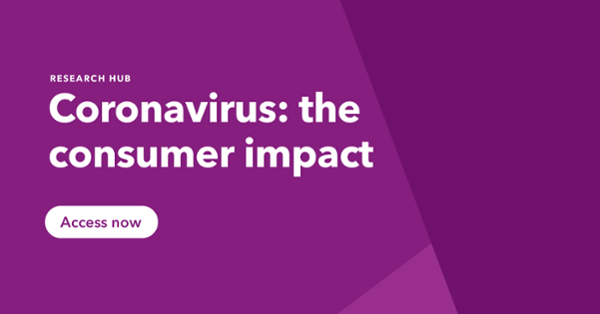At any given time, COVID-19 isn’t far from consumers’ minds: how it’s impacting their daily lives, the world around them, and what to do about it.
In Latin America, as with everywhere, attitudes are always changing. It’s hard for consumers to know who to believe, and what changes they should make in their personal lives.
With dedicated research into the impact of COVID-19, surveying users in 13 markets between March 16 – 20, and 17 markets between March 31-April 2, here’s a snapshot of what we know about Latin America.
Economic confidence
Across Latin America there’s been a clear decline in positive outlooks toward the global economy since the outbreak. Across the region, the number of respondents who think the economy of the country where they live will get worse has risen, with this jump most drastic in Mexico.
Within the last month, however, those in Mexico appear to have had a change of heart and are feeling more optimistic about the global economy.
The role of social media
In light of the virus, there’s been a global call for social media to act as a more reliable news source rather than simply a form of entertainment. Across Latin America, more people have been using social media to keep up with news relating to COVID-19, with the biggest jumps in Argentina and Brazil.
Latin America is also more likely to use social media as a news source than other regions, and has become even more likely to do so over the last few months amid the crisis.
However, while 40% of Brazilian consumers said they look to social media for information on COVID-19, only 11% say they trust what they see on these social platforms.
And, while Brazilians rank health organizations as the most trusted source for reliable information about the virus, only 33% of Brazilian consumers regularly use health organizations as a source of information.
There’s been an upward trend in Brazil of those who say the role of social media during the outbreak should be to provide fact-checked content to help people cope, with the majority of Brazilian respondents agreeing with this sentiment.
According to Brazilian respondents, the second most important role of social media during the outbreak should be screening for “fake news.” In response to growing consumer expectations, Twitter stated it will ban “novel coronavirus-related content” that “goes directly against guidance from authoritative sources of global and local public health information.”
The social media platform has acted on these sentiments by removing tweets from certain presidents of Latin American countries, including Brazil and Venezuela, because the tweets contradict what is said by other sources deemed more reliable.
Shifts in content consumption
As the long-term nature of the outbreak becomes a global reality, the more consumers are desperate for a change in the type of content they see and engage with on a daily basis.
While around half of Brazilian respondents say they still want to see regular updates on the situation in their local area and country, roughly 40% want to also see positive/feel-good stories about reactions to the virus, as well as tips on how to stay active and healthy at home. When specifically asked what types of content consumers wanted more of, 33% of Brazilian respondents said they wanted more how-to/tutorial videos to help them learn new skills.
One popular approach to home-entertainment has been more active engagement on social media from consumers creating and uploading videos.
In the last month, Latin American engagement with TikTok has spiked amid the outbreak, with the jump being most notable in Brazil and Colombia.
TikTok is helping fulfill the need for entertainment in the home, and even corona-related content ranks high – like this video of TikTok users who made a “coronavirus safety-themed dance” to spread awareness on better ways to wash your hands. The same goes for healthcare workers on TikTok who post videos spreading awareness on what’s happening and how to better take care of yourself.
In this time of crisis and uncertainty, Brazilian consumers are most concerned with family and friends catching the virus. This has likely influenced why people are relying even more heavily on social media to keep connected with loved ones from a distance.
With Brazilians divided on whether or not they approve of how the Brazilian government is dealing with the outbreak, social media is evidently taking on a larger role as a go to news source.
